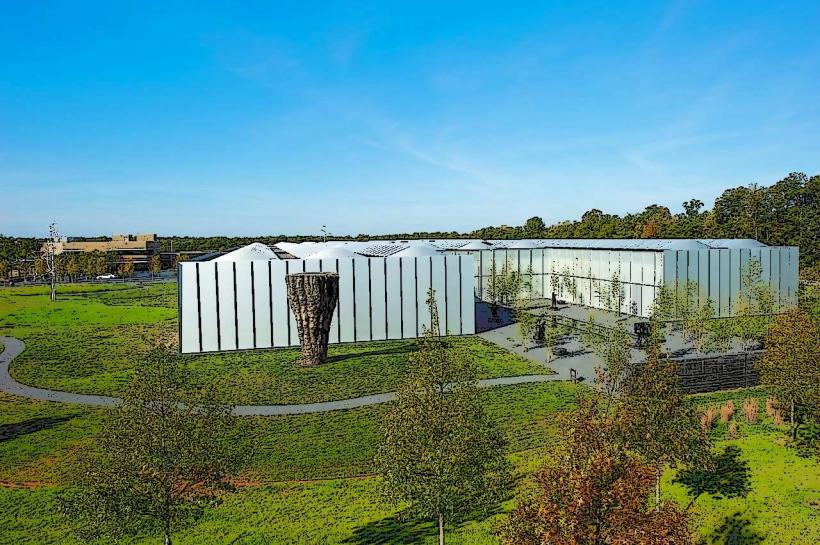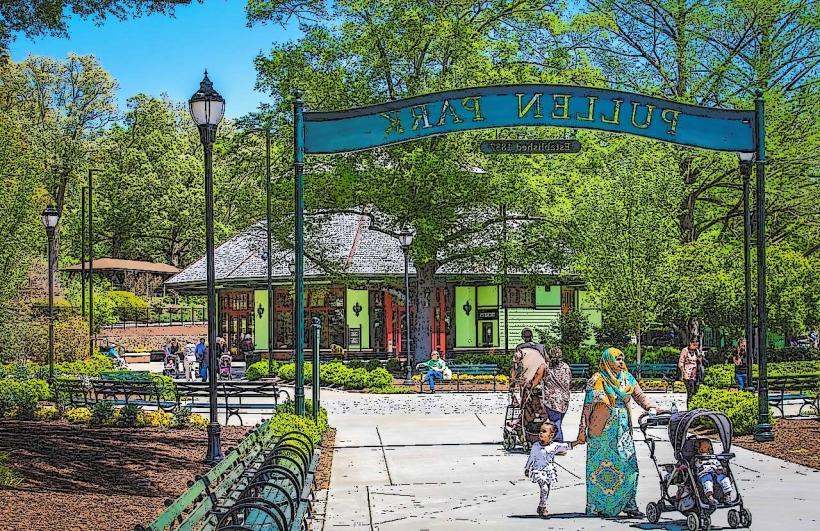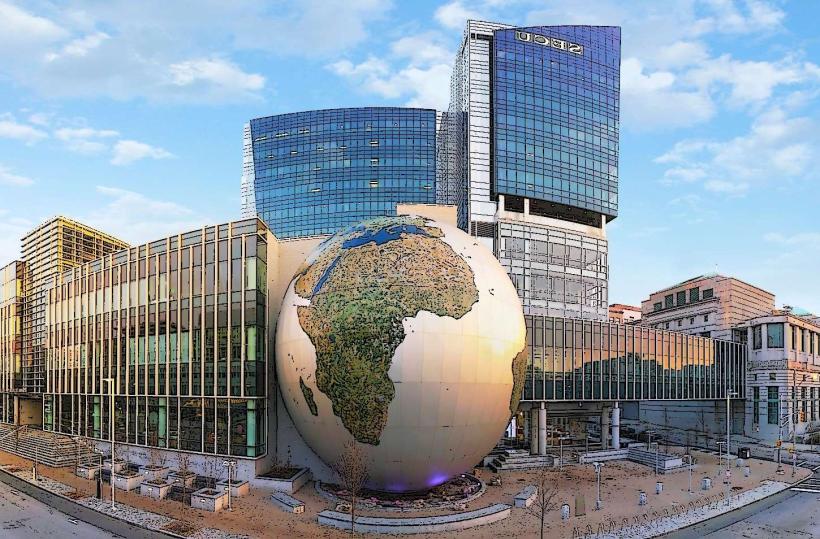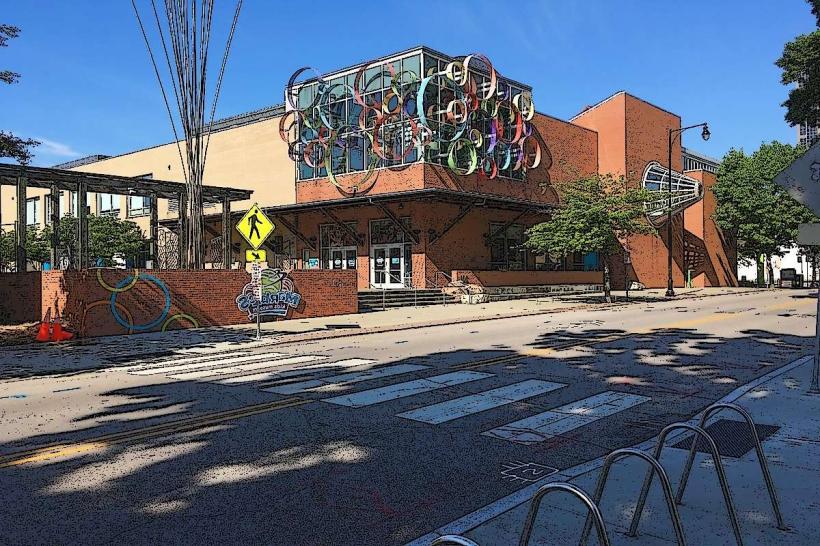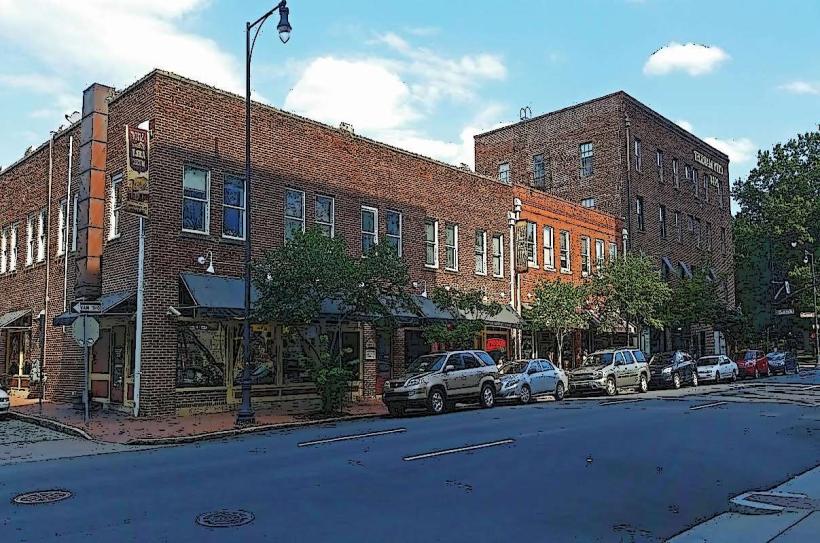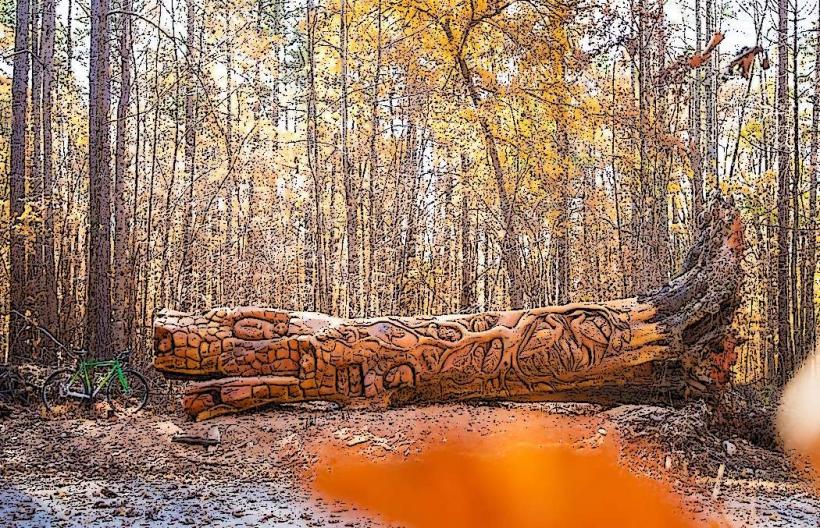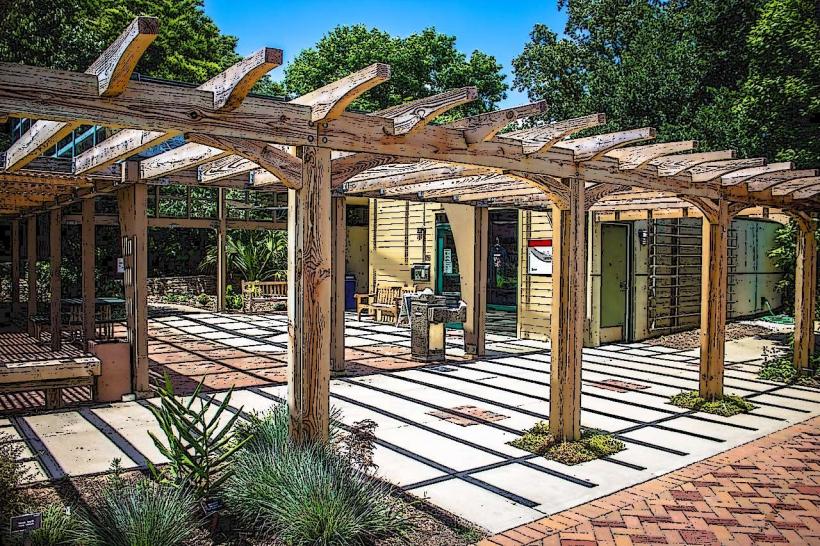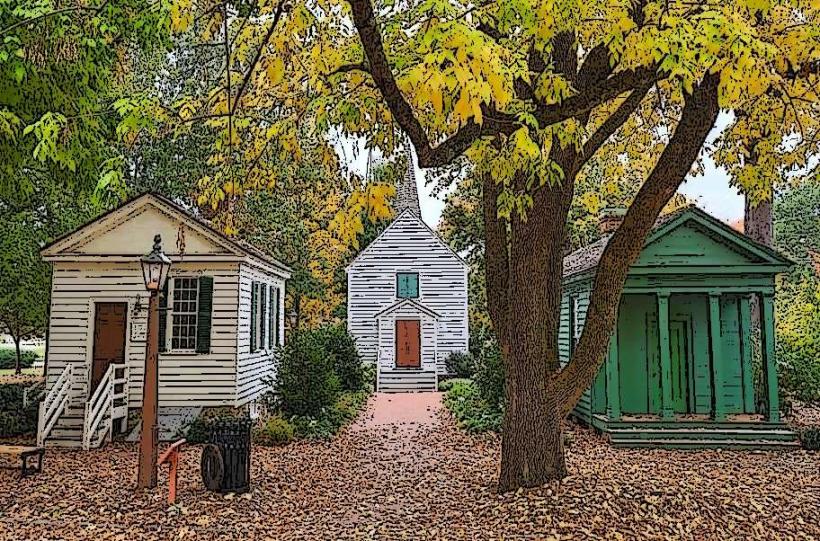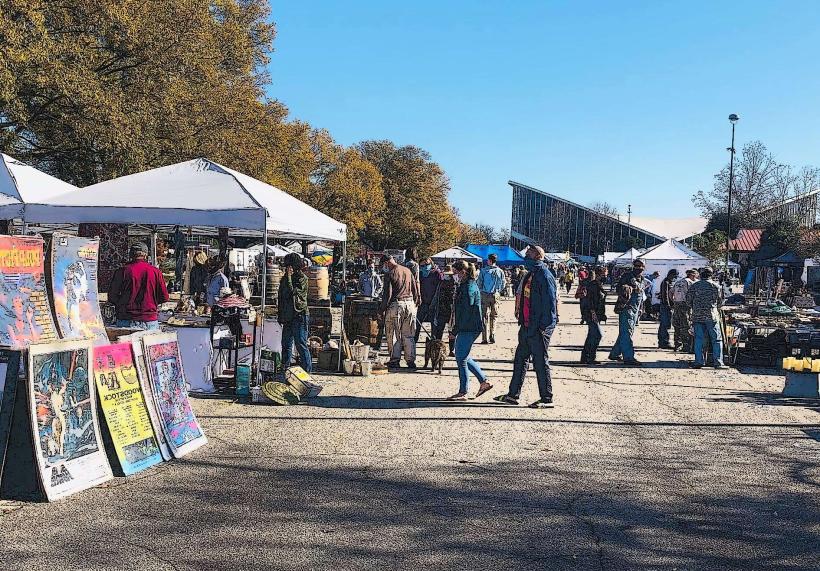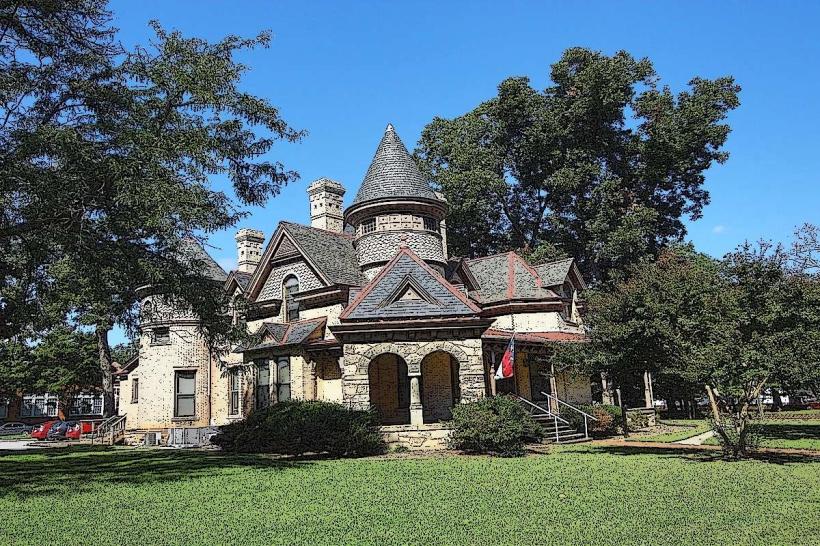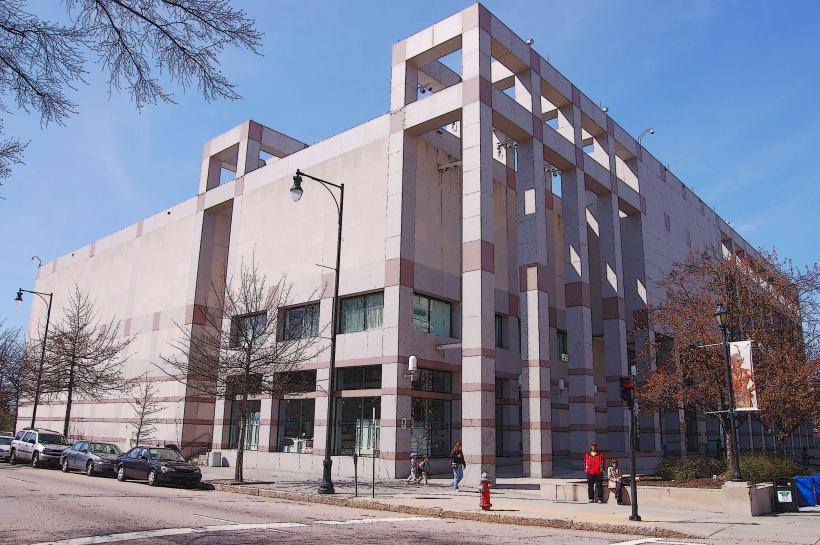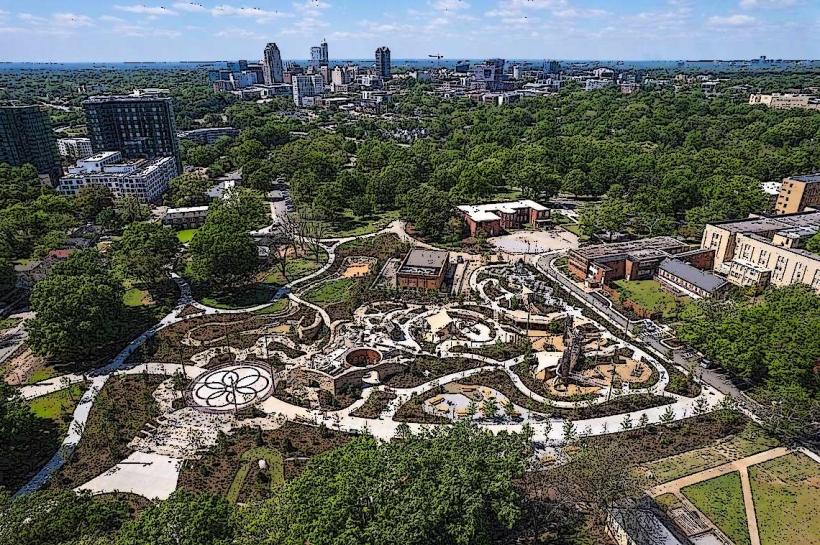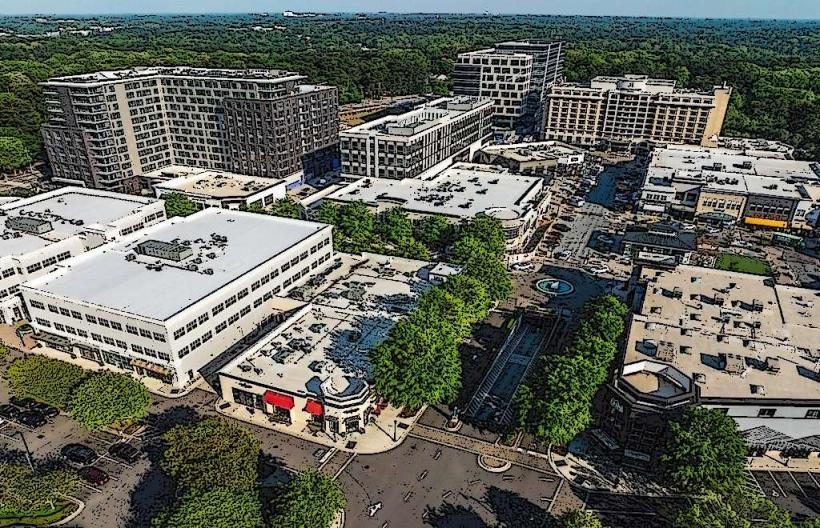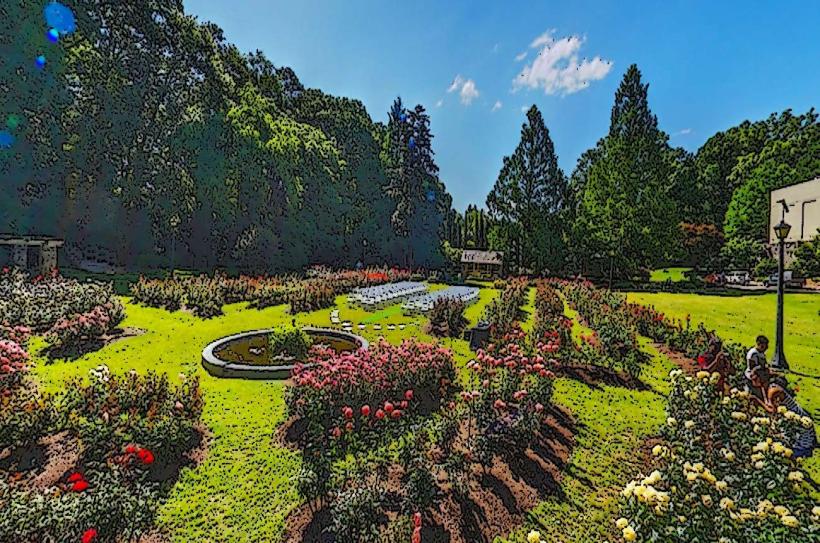Information
Landmark: North Carolina State CapitolCity: Raleigh
Country: USA North Carolina
Continent: North America
North Carolina State Capitol, Raleigh, USA North Carolina, North America
The North Carolina State Capitol is a historic government building located in Raleigh, North Carolina. It serves as the seat of the state's legislative and executive branches.
Visual Characteristics
The Capitol building is constructed primarily of granite. It features a Greek Revival architectural style, characterized by its imposing dome, classical columns, and symmetrical facade. The exterior is a light gray granite, and the dome is topped with a copper statue of a Roman goddess. The building measures approximately 100 feet in height to the top of the dome.
Location & Access Logistics
The Capitol is situated at 1 East Edenton Street, Raleigh, NC 27601, in the center of downtown Raleigh. It is approximately 0.5 miles from the Raleigh Convention Center. Limited metered street parking is available on surrounding streets, and several public parking garages are within a 0.25-mile radius, including the Municipal Parking Deck on Fayetteville Street. Public transport options include various GoRaleigh bus routes that stop along Fayetteville Street and Edenton Street, both within a 0.1-mile walk.
Historical & Ecological Origin
Construction of the current Capitol building began in 1833 and was completed in 1840. It was designed by architects William Nichols and William Percival. The original purpose was to house the legislative and executive offices of the state government. The site itself is part of the original city plan for Raleigh, laid out in 1792.
Key Highlights & Activities
Visitors can tour the legislative chambers, the governor's office, and the rotunda. Self-guided tours are permitted during operating hours. Guided tours are available on a scheduled basis. The building houses several historical exhibits and displays related to North Carolina's history and government.
Infrastructure & Amenities
Restrooms are available on the first floor. Limited seating is provided in public areas. Cell phone signal (4G/5G) is generally available within the building. No food vendors are located within the Capitol building itself, but numerous restaurants and cafes are situated within a 0.25-mile radius in the downtown area.
Best Time to Visit
The best time of day for photography of the exterior is late afternoon when the sun illuminates the granite facade. The best months for visiting are April through June and September through October, offering moderate temperatures. No specific tide requirements apply.
Facts & Legends
A notable historical oddity is that the original Capitol building, constructed in 1792, was a simple brick structure that burned down in 1831, leading to the construction of the current granite edifice. A specific tip for visitors is to look for the original cornerstone laid in 1833, located on the north side of the building.
Nearby Landmarks
- North Carolina Museum of History: 0.3km West
- Bentonville Battlefield State Historic Site: 4.5km Southwest (Note: This is a significant distance and may be outside the 5km radius depending on the exact measurement point. A closer option is the Raleigh City Museum.)
- Raleigh City Museum: 0.2km Southwest
- Moore Square: 0.3km Southeast
- Duke Energy Center for the Performing Arts: 0.6km West

